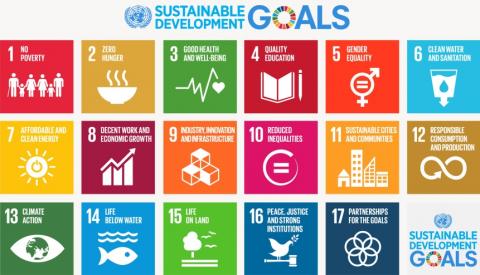The world is mind boggling when you think about it. At every point in time, at least one country in the world is facing water shortages, dealing with floods or having to address wide scale famine.
Attending the IWA World Water Congress in Brisbane last week gave me that perspective and also demonstrated the work we have done here in Australia to secure our future water security. But we can’t afford to be complacent as our next drought may be just around the corner. As part of the congress, there was an opportunity to hear a range of topics including:
- How we can change the balance between reducing water demand and producing water,
- Our vision of having everyone, everywhere with access to safe water, sanitation and hygiene by 2030; or
- The need for instant gamification to help explain the decision-making process more clearly to wider society.
But perhaps the most important aspect was the adoption of the IWA Principles for Water Wise Cities. These principles follow a unique process that empowers decision makers to consider integrated solutions that provide positive returns to society and the environment. These principles, along with the recently agreed Sustainable Development Goals will lead to strong actions for cities and utilities of the future to prosper. The approach will need to consider how government, urban developers, utilities and stakeholders work together to provide long-term sustainable solutions that best meet the needs of the community.

One of the key outcomes of the Congress was also the ability to start linking resilience to adaptation. Adaptation has been given much more focus recently due to the need to prepare for a world in which climate change becomes a dominant factor. But resilience is so much more, as it describes a community’s ability to absorb shocks in the system and provide adequate time to move to a new state(or return to the existing state) of being. For utilities, resilience brings forward a whole new set of planning criteria as the way we expect our assets to operate given the future environment, which is unpredictable, will be totally different to that from the past.
Finally, I was given the opportunity to be part of the newly formed Utility Excellence Committee as they met during the Congress. This allowed me to appreciate the level of preparedness required from a utility perspective to not only deal with climate change, but a rapidly changing environment in which the expectations of the customer will shift dramatically.
This is where the perspective of the young utility professional comes in. I believe that in order to address future customer needs, we must give appreciation to diversity of thought and skills by considering the demographics of our customer base. Young utility professionals across the country are willing to step up, play an active role and make their voice heard so that we start to consider these needs, including those of future generations. This benefits our workplace environments immensely and leads to greater cultural alignment across our organisations. We now need to create that environment to facilitate open discussion and collaboration to deliver the future utility
